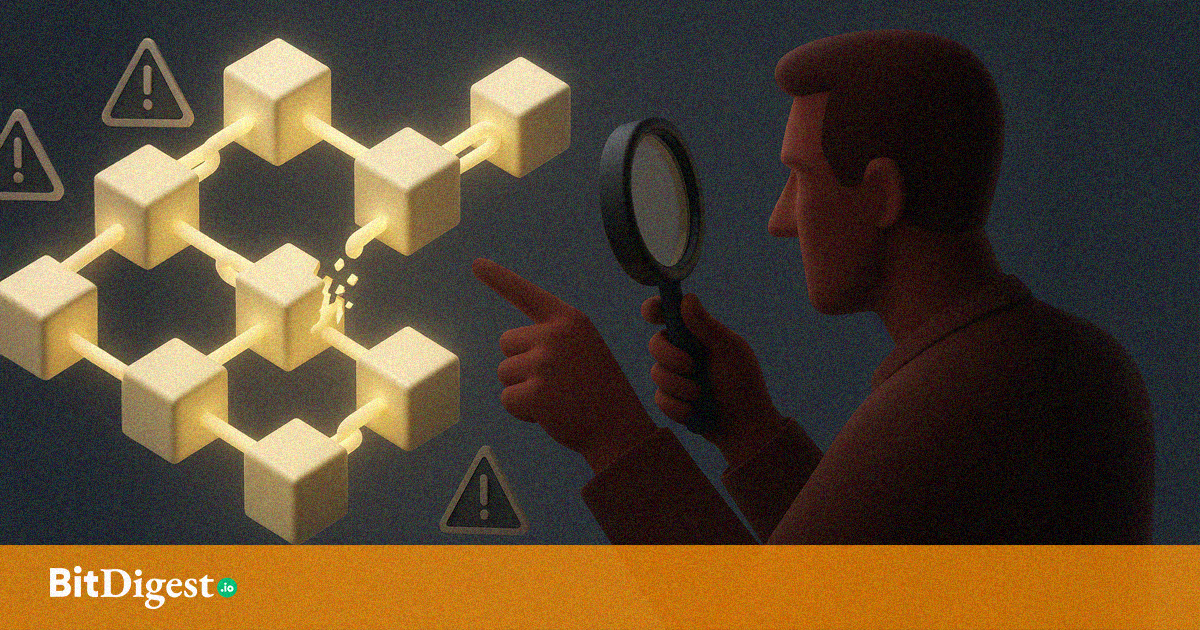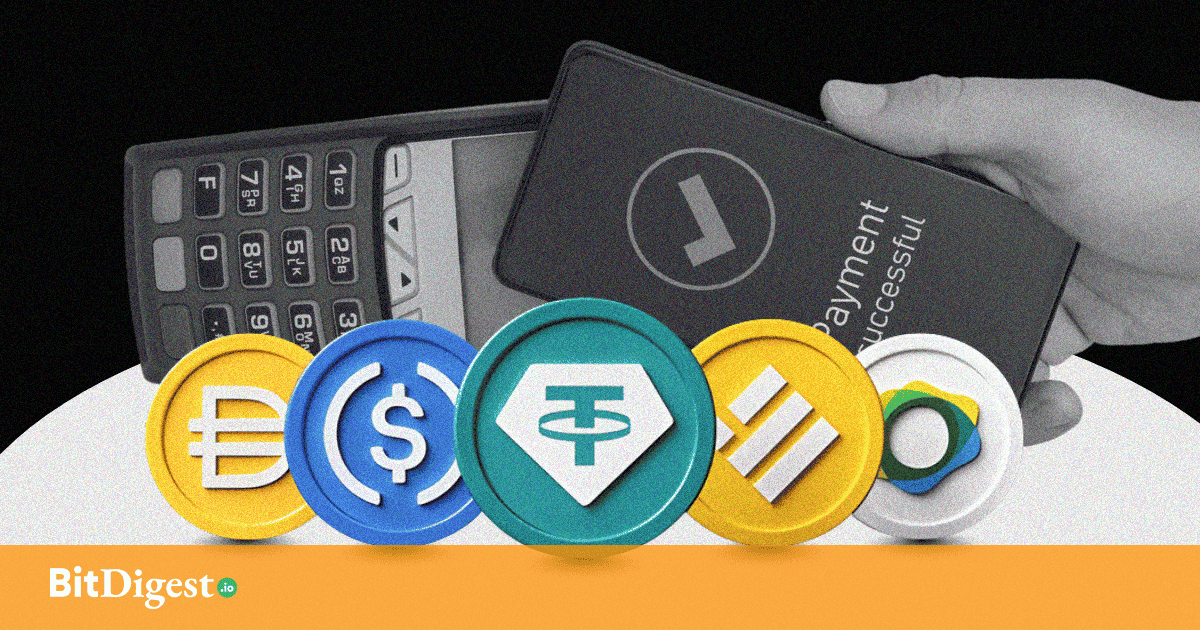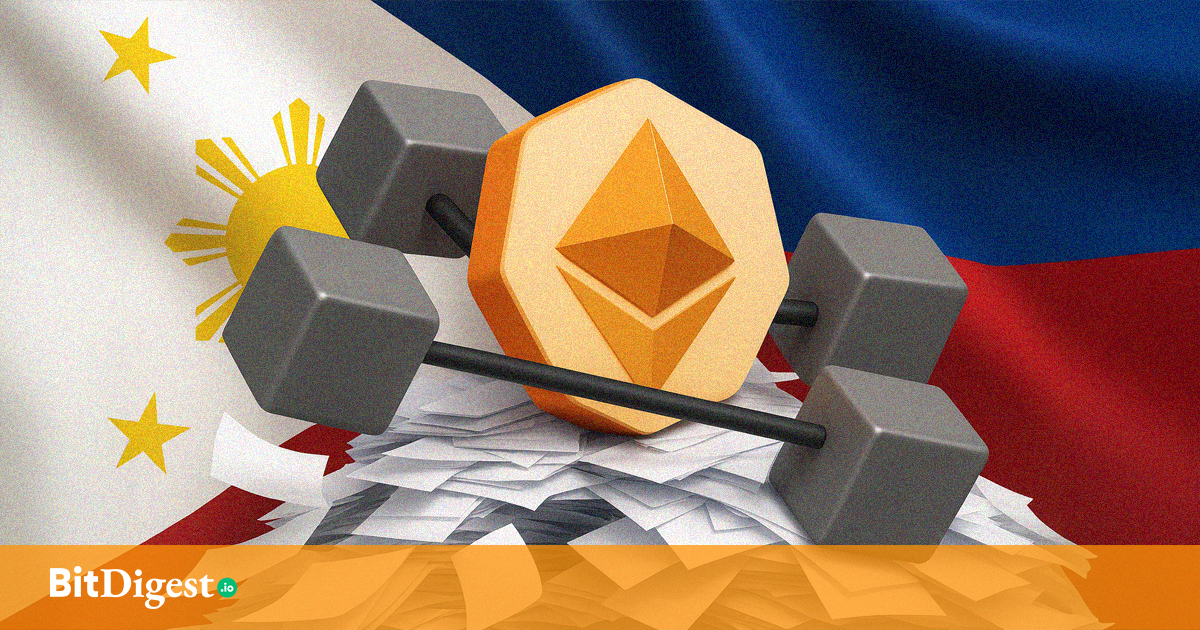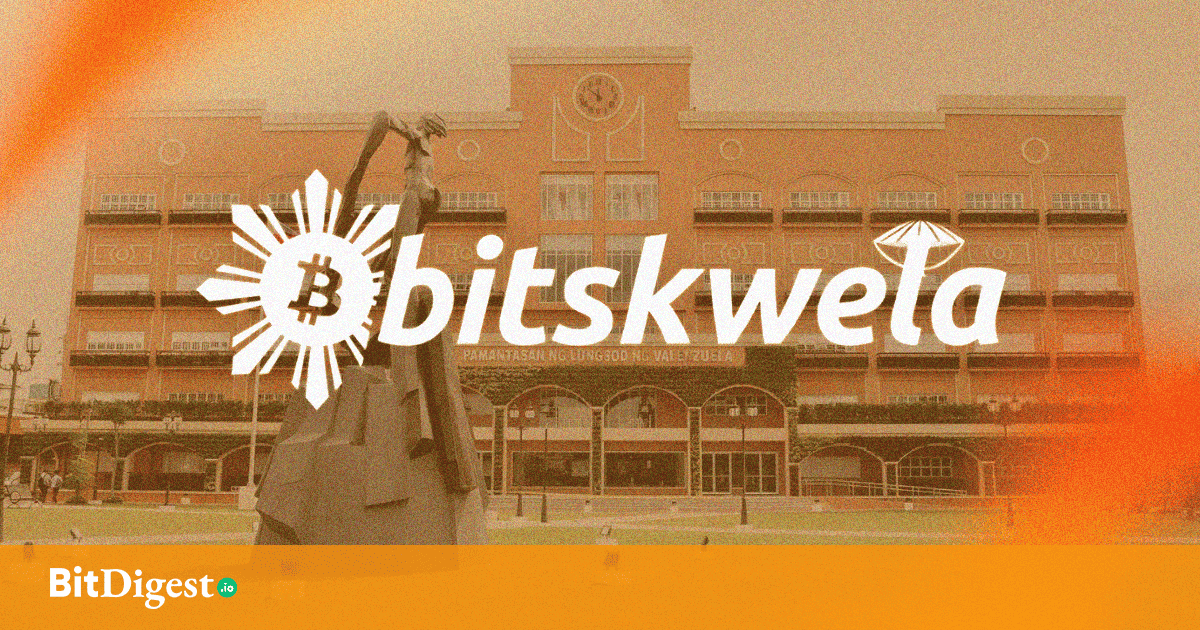Web3 Leader Spotlight of the Day: Arthur Agullana Jr.
Arthur Agullana Jr. is a civil engineer, freelance construction project manager, and IT professional with a passion for blockchain and decentralized technology. With over eight years of experience in IT, Arthur began their journey into Web3 when a colleague introduced them to Decentralized Finance (DeFi). This pivotal moment led to their role as a co-founder of the Davao DeFi Community (DDC), where they focus on advancing blockchain education and fostering a deeper understanding of decentralized technologies.
At DDC, Arthur oversees operations management, streamlining processes to improve team efficiency, and actively represents the community in talks and panel discussions. As an ambassador for Web3 projects in the Real World Asset (RWA) sector, they create educational content to raise awareness about blockchain’s potential. Driven by a shared vision with their team, Arthur is dedicated to growing DDC’s reach and empowering others to explore and benefit from blockchain technology.
Can you give us a background of what you do?
I’m a civil engineer working as a freelance construction project manager and also an IT professional. During college, I balanced my engineering studies by day with a role as an IT Support specialist at night. This experience sparked my fascination with technology and the internet, leading me to pursue a career in IT even after graduation, where I remained in the industry for more than eight years. My journey into decentralized technology began when my workmate in IT, Ruben Lacumba, introduced me to Decentralized Finance (DeFi) and Blockchain. Shortly after, he founded the Davao DeFi Community (DDC), where I joined as a co-founder.
At DDC, I oversee operations management, designing and implementing processes and systems to enhance team efficiency. I also represent DDC in talks and panel discussions to educate people about blockchain technology. Additionally, as an ambassador for Web3 projects in the RWA sector, I create educational content to raise awareness and understanding of this dynamic field.
I am deeply committed to what we are doing in DDC because of the shared vision I have with my team. We are dedicated to continuously improving the community and expanding our reach to spread awareness and provide education about the emerging technology of blockchain. Together, we strive to help more people understand and explore the transformative potential of blockchain as we grow.
What made you interested in Web3?
My interest in Web3 began with the practical uses of cryptocurrency — the borderless, secure, and decentralized nature of the technology drew me in. My real curiosity, however, took hold after experiencing losses in various DeFi products, play-to-earn NFT games, and unverified projects. These failures prompted me to dig deeper and explore the potential of blockchain technology beyond cryptocurrency alone. This sparked a greater passion in learning the applications of blockchain in the real world and its ability to disrupt industries for the better. This, I believe, is what inspires me now, the opportunity to help bring this technology to everyone.
How is working/building in Web3 different from other industries?
What really stands out about Web3 is its decentralized nature and how it prioritizes community involvement in project development. We're not fully decentralized just yet, but the core ethos of the industry is all about open collaboration. This approach allows individuals and teams to scale rapidly and benefit from immediate feedback. On top of that, one of Web3’s characteristics is transparency, particularly with many projects being open-source. This openness is a game-changer because it invites everyone to contribute and build upon existing technologies. It really accelerates the pace of innovation, allowing for quick adaptations and enhancements across different applications.
Of course, despite this transparency, Web3 offers a level of personal ownership on the internet that hasn’t been possible before. For the first time, users have real control over their digital assets and data online, which is a clear contrast to the existing models we've been used to. This ownership-driven model truly sets Web3 apart from more centralized industries.
What’s your proudest achievement in Web3?
My proudest achievement is what we’ve built together at DDC. In just two years, we've reached milestones we never thought possible, despite the birth pains we endured along the way. Our team has poured in so much—tears, sacrifices, and resolute commitment—not only to meet expectations but to exceed them and sustain the community we believe in. I am so proud of our founder, Ruben, and co-founders, MJ and Jurris, for their resilience and dedication. They’ve stood by DDC through thick and thin, and without them, our success would not have been possible. My greatest hope for them is that they achieve everything they’re aiming for in their Web3 journey. Whatever that may be, I couldn’t be prouder.
If there’s something you would like to change in your Web3 journey, what would it be?
The one thing I’d change in my Web3 journey is the day I started—I wish I’d jumped in sooner. When our founder first introduced me to the industry, I didn’t dive in right away; it took nearly a year before I finally got involved. Looking back, though, that slow start was probably a necessary part of my journey. It allowed me to ease into the space, learn gradually, and build a solid foundation before fully immersing myself.
What’s the biggest problem that you think Web3 can solve?
The most significant problem Web3 could tackle, in my opinion, is data ownership and privacy. Right now, when we use online platforms, especially social media, there's this trade-off where we essentially give up control of our data in exchange for free access. It's like saying, “if you’re not paying for the product, maybe you are the product.” These platforms not only own your data but they also profit from it immensely, while the users get back just a fraction of that value.
Web3 changes the game because it uses blockchain technology to ensure that we, as users, can actually own our data. We get to decide what we share and what stays private. More importantly, we have the real power to monetize our own data if we choose to. It's about shifting the control from the platforms back to the individual. That's a major shift toward a fairer and more transparent digital economy.
What’s your BTC price prediction in 2030?
I don’t typically delve into price predictions, especially since in the Davao DeFi Community, we focus more on the technology and its use cases rather than trading. But just to give a fun hypothetical discussion based on the market:
Assuming Bitcoin’s current price is about $91,000 and it represents 50% of the total crypto market cap, which is around $3.14 trillion, this puts Bitcoin's market valuation at about $1.57 Trillion. If we project the total crypto market cap to grow to $10 trillion by 2030 and if Bitcoin maintains its proportion of the market cap despite mining dynamics, its valuation might increase to $5 trillion. With the expected approximate number of bitcoins in circulation to be 20.07 million in 2030, this could theoretically push Bitcoin’s price to around $250,000.
But remember, this is just a simple estimate and doesn't consider many variables that could impact Bitcoin's price. So, it's more of a computational exercise than a reliable forecast!
.svg)


.svg) SHARE TO FACEBOOK
SHARE TO FACEBOOK SHARE TO TWITTER/X
SHARE TO TWITTER/X SHARE TO LINKEDIN
SHARE TO LINKEDIN SEND TO MAIL
SEND TO MAIL





.svg)


.svg)